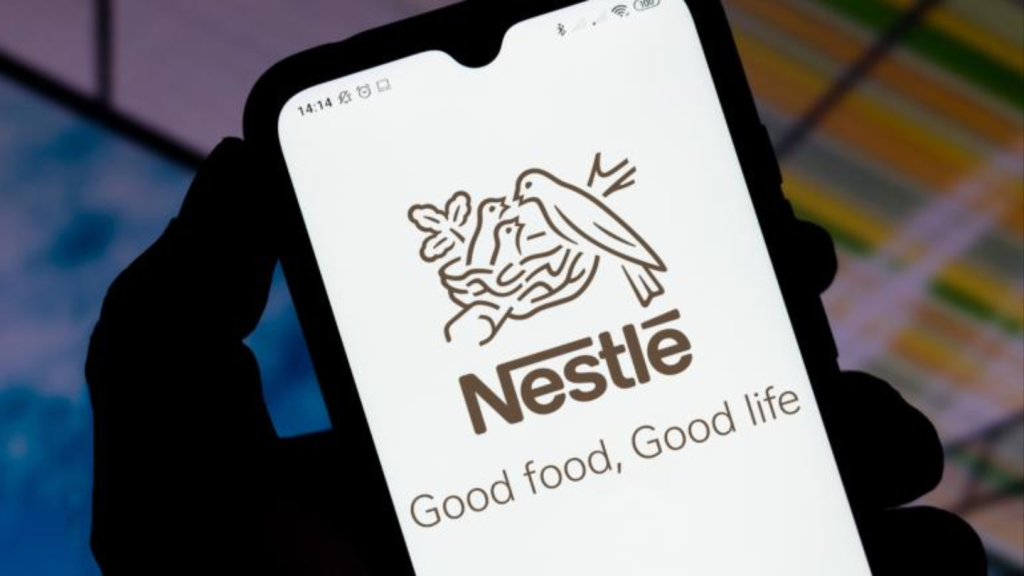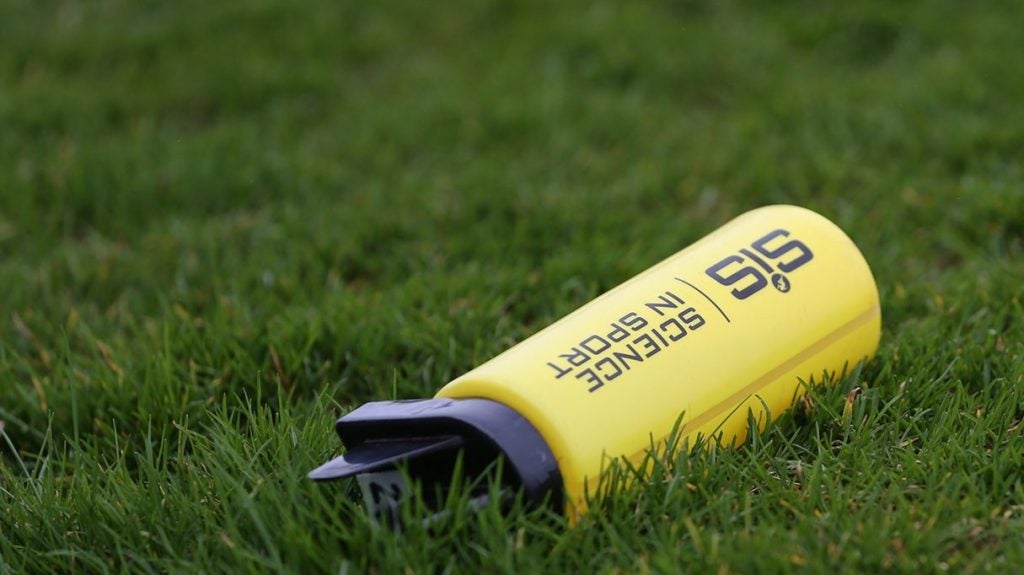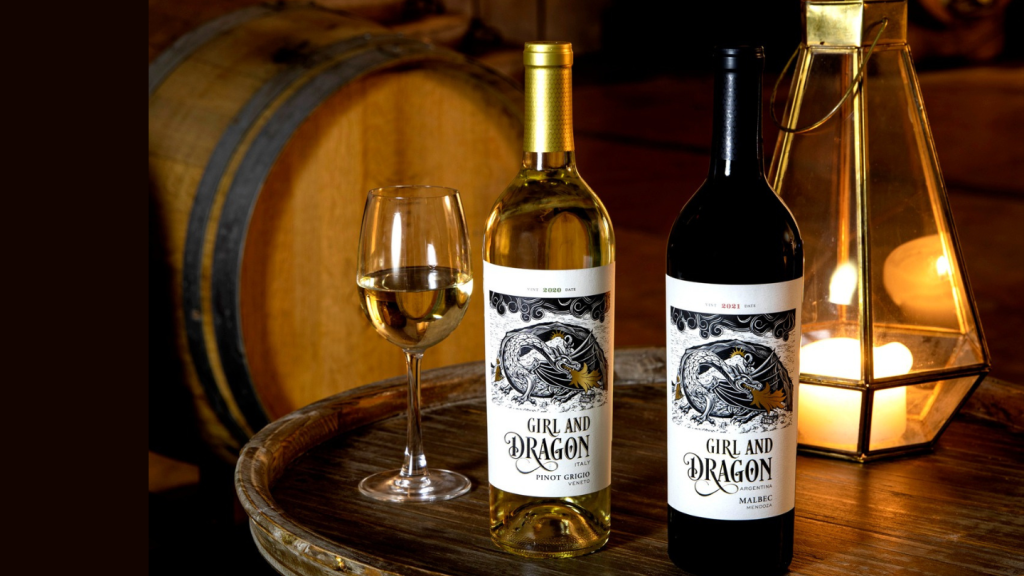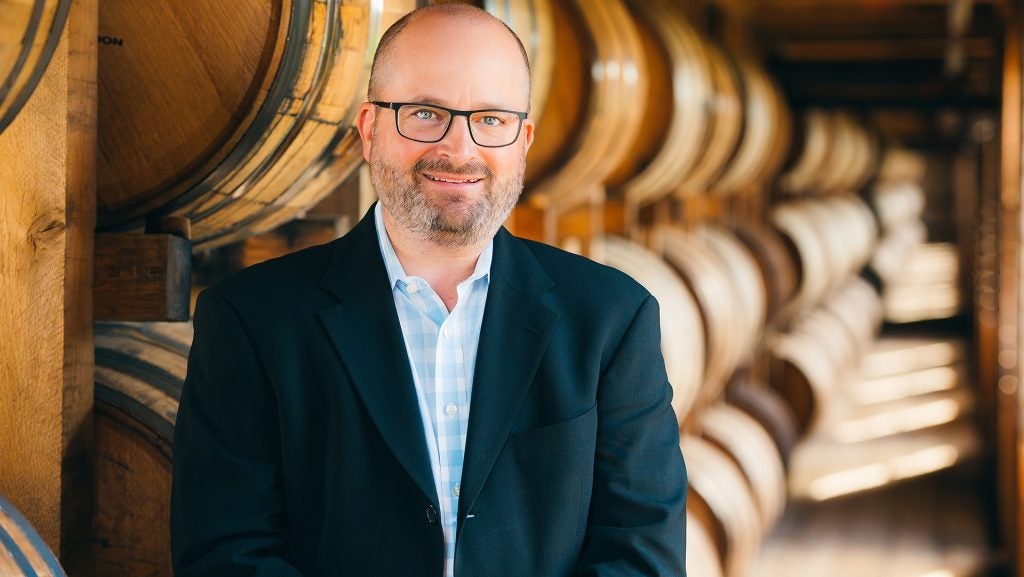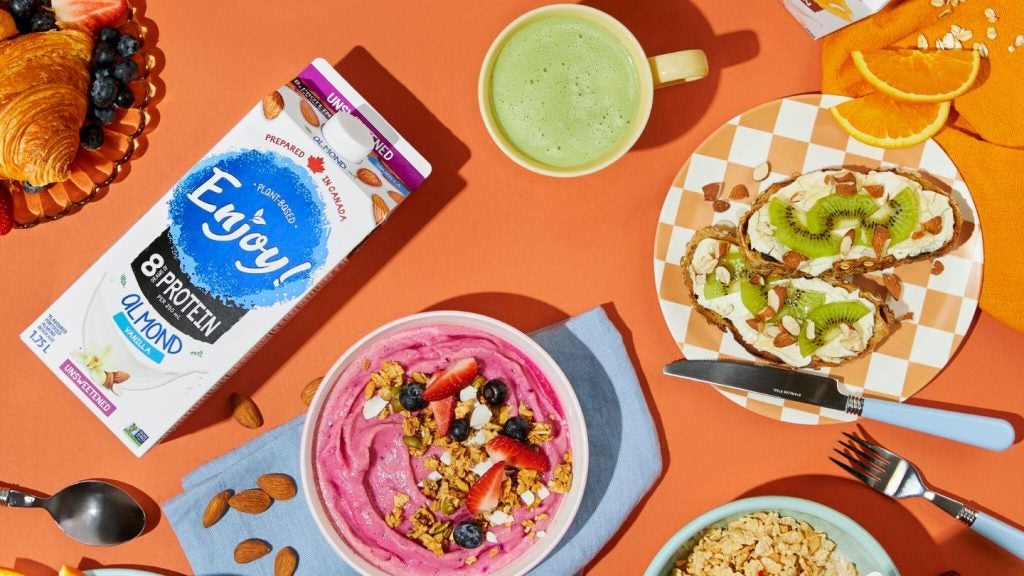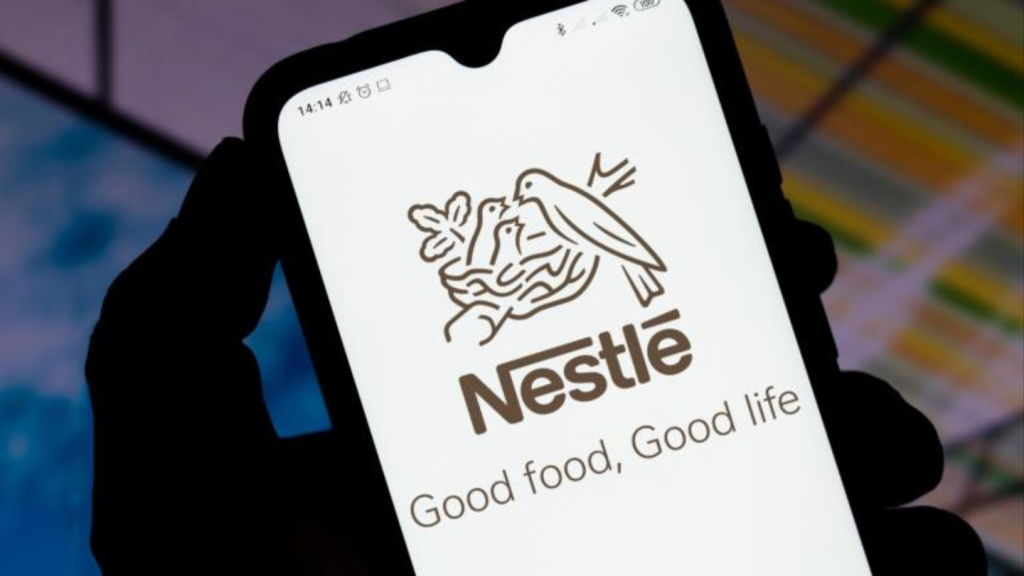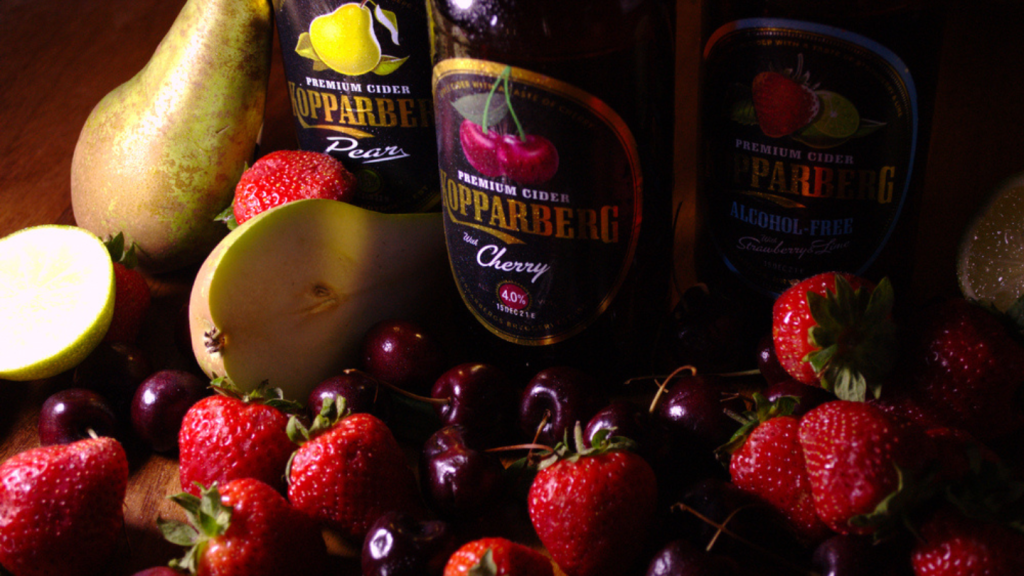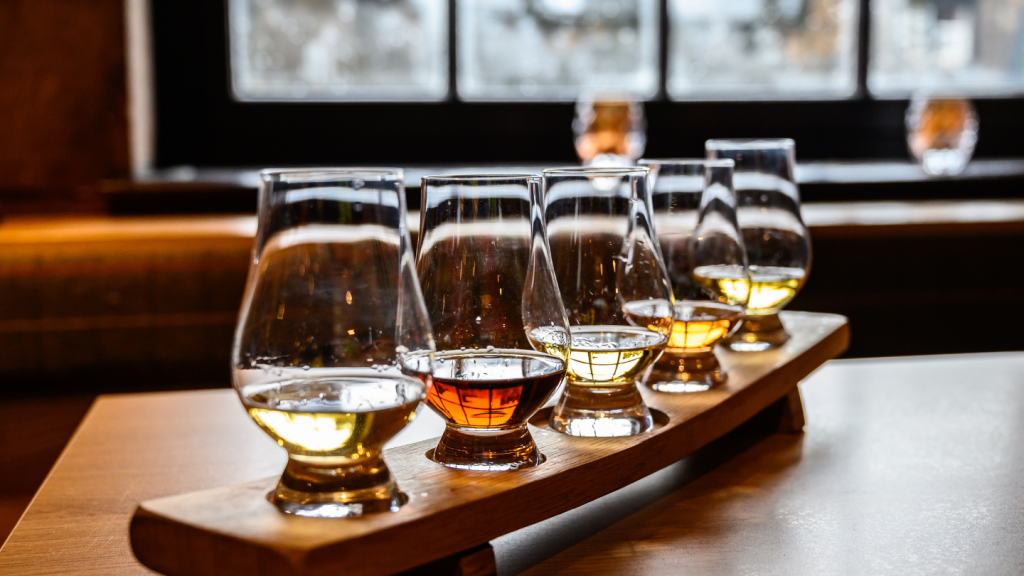The Chilean authorities have issued a public alert about counterfeit Nescafé products discovered by Nestlé.
The coffee giant informed the nation's consumer watchdog service – National Consumer Service (SERNAC) – that it has identified counterfeit 50 gram “Nescafé Tradición Refill” products being sold in the market.
Nestlé has warned that the fake refill stand-up pouches pose a “health risk” to the public.
“Its contents, as well as the storage, emptying and packaging conditions of this product, are unknown, which is why there is the possibility of physical, chemical, microbiological and/or allergenic contamination,” Nestlé said.
The Nescafé manufacturer has also notified the country’s secretary of health, as well as SERNAC to the products.
The Chilean watchdog is treating the situation seriously and SERNAC's national director Andrés Herrera said: “We will refer and request the support of the Public Ministry so that those who commit this type of crimes can respond not only to consumers but also to justice for any crimes they have committed.”
Herrera has called on both retailers and consumers to scrutinise the authenticity of the products that they purchase and report any counterfeit goods.
The easiest identifier of counterfeit Nescafé products is that Nestlé does not produce a 50 gram “refill” format. These pouches are using older “obsolete” labels that have not been used in the last five years. The packaging also does not have batch numbers or product barcodes.
“It is important to highlight that these products are not from Nestlé, and those responsible for their falsification and distribution must be identified and brought to justice,” Herrera said.
Nestlé has said that the counterfeit product only affects its refillable stand-up pouch packaging. The group stated that no counterfeit products have been detected in its Nescafé instance coffee formats, such as jars or stick pouches.
This month, the Swiss group announced that it would invest 1bn reais ($193m) into its site in Araras in São Paulo so it can manufacture different products and flavours.
Nestlé is investing in its coffee business in Brazil as it looks to capitalise on growing demand for more “premium” products, including cold coffee.


